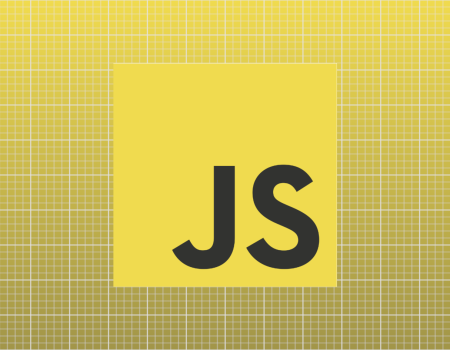Frequently Asked Questions
At the moment, AI did huge influence in the IT market. It helps in developing, QA and more processes that human programmer had to do manually. But still, AI is not perfect at it and needs a big amount of time to upgrade.
Not really. Of course, AI is making progress in fully integrating into developing market but has a lot of flaws, which have to takes years to refine. Employment market will transform, instead of getting replaced, as AI has to be managed by human.
AI-models like ChatGPT or DeepSeek are able to help editing or even generate code lines and scripts. AI-powered tools, including DeepCode and Codacy, run the code through inefficiency, security, and compliance checks.



